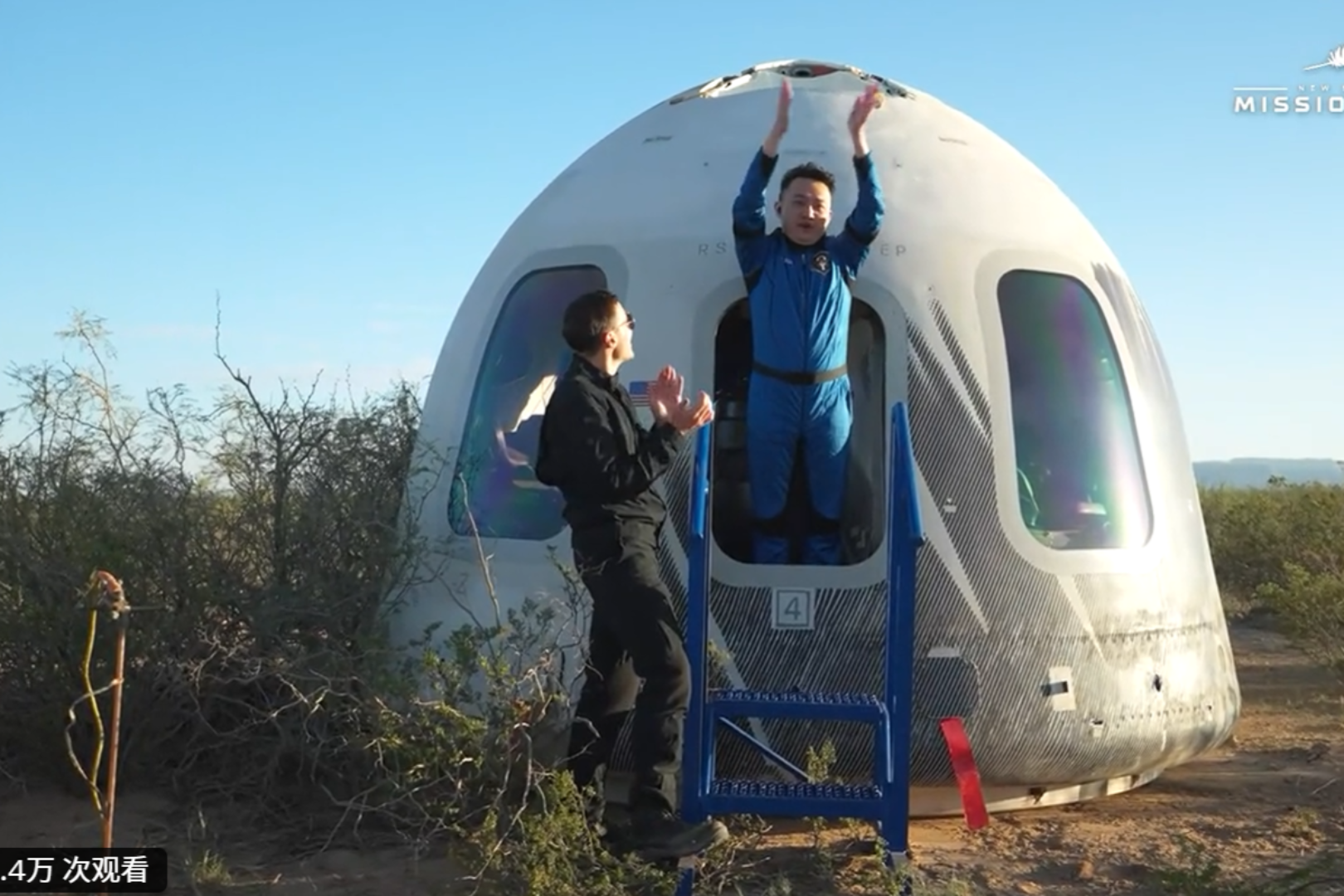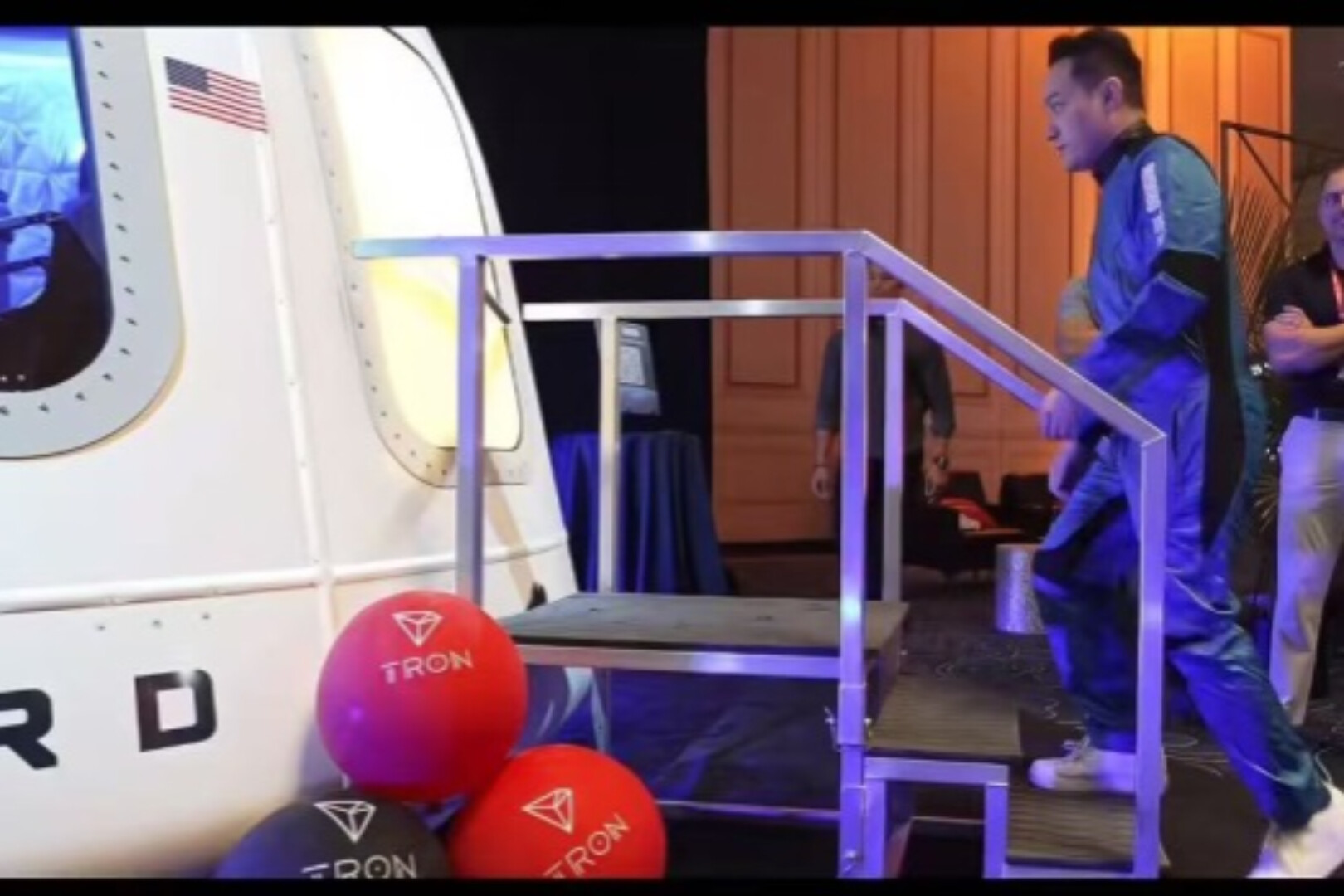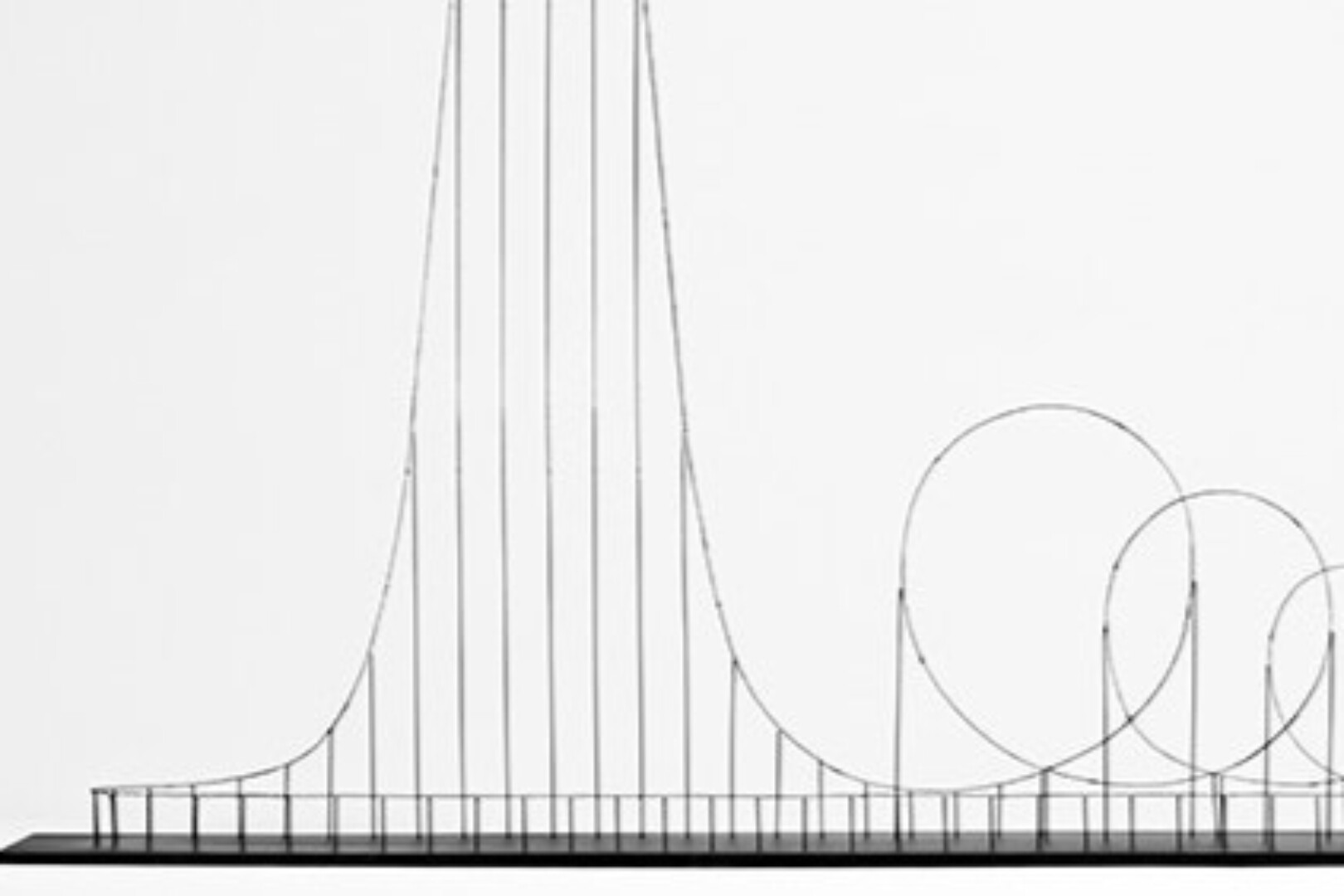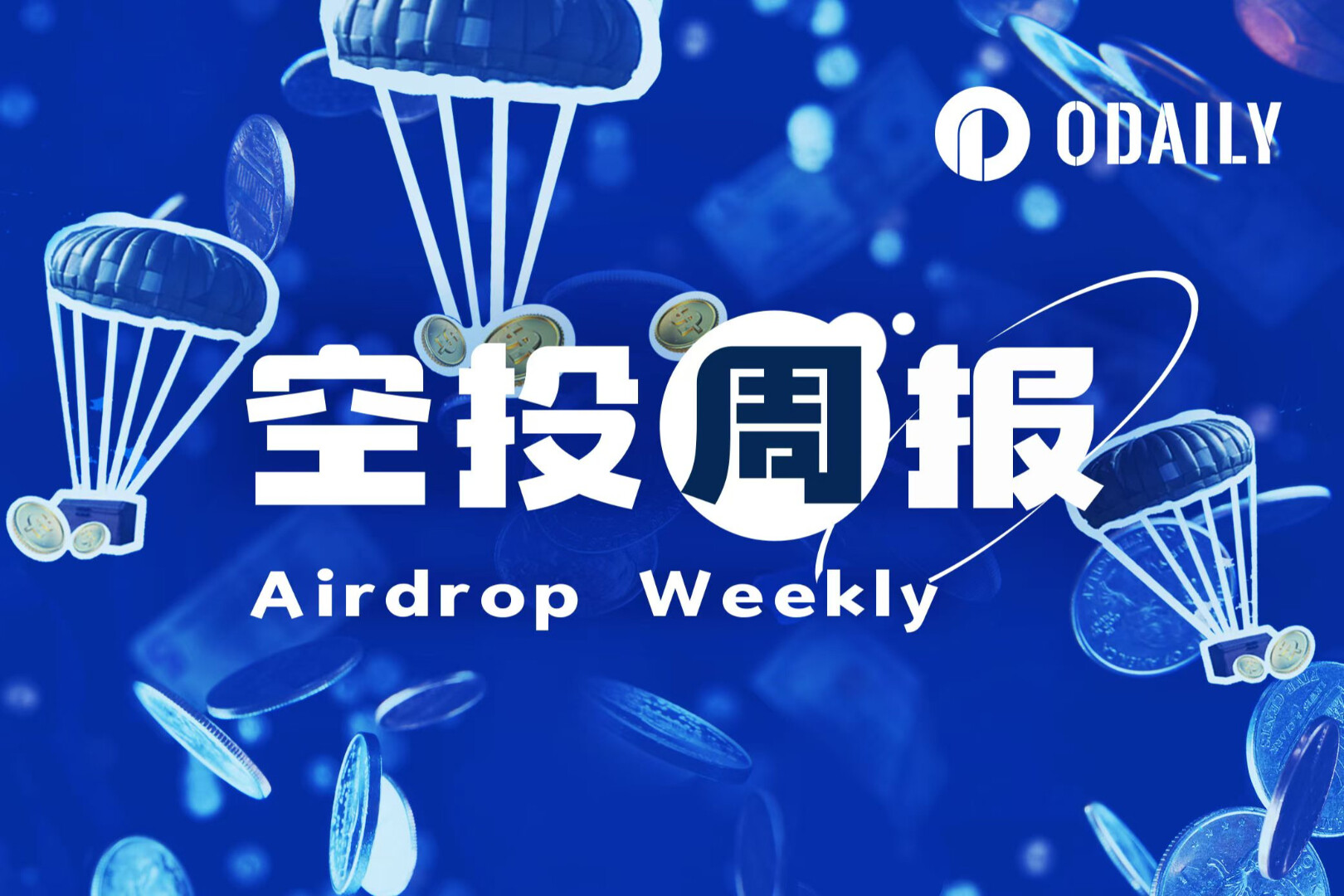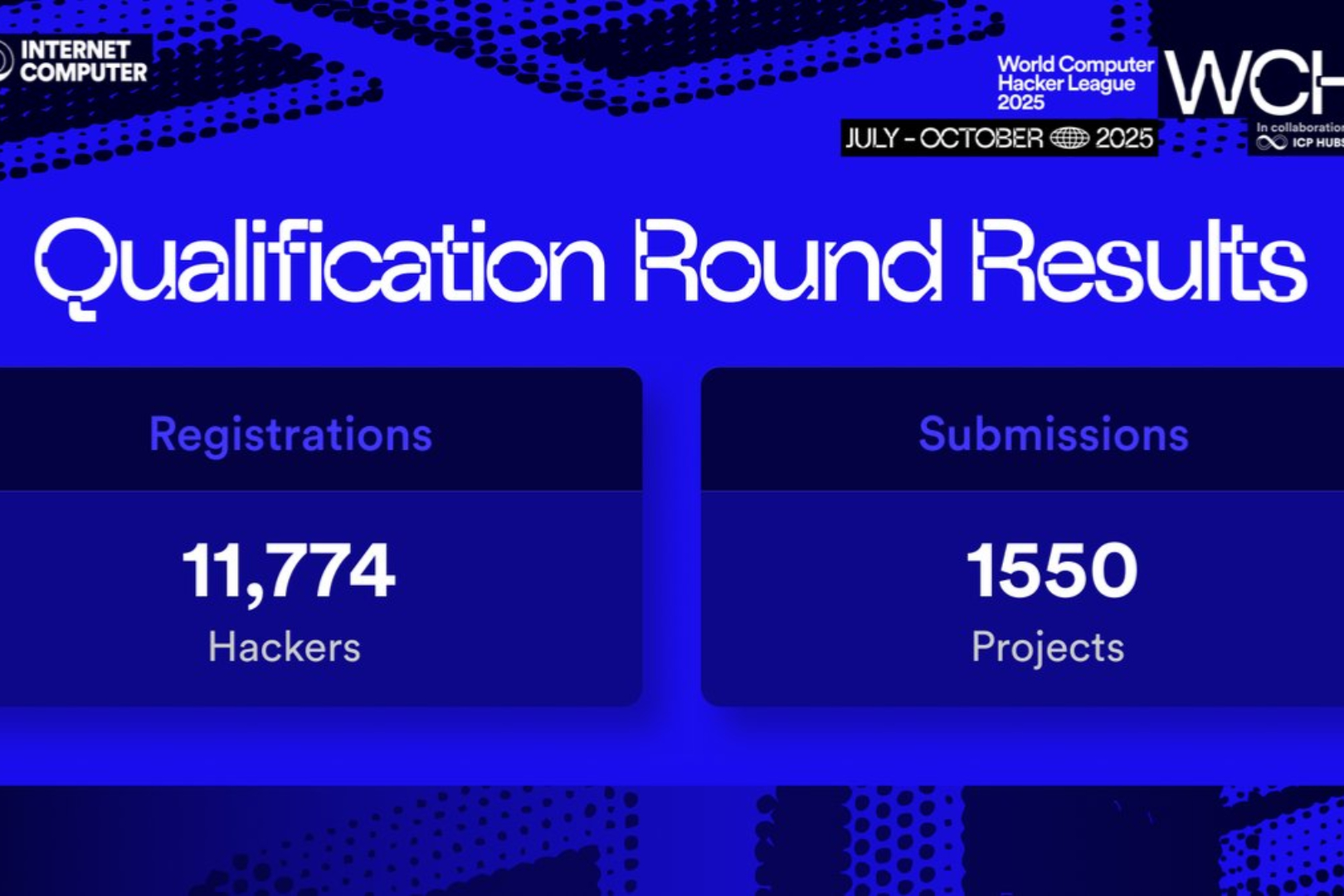Original Author | Justin Mart, Connor Dempsey (Coinbase Ventures)
Translation Editor | Baize Research Institute
What the Internet did for communication, DAO can do for capital.
The advent of the internet and social networks has made it easier than ever for like-minded individuals to communicate regardless of geographic location. Against the background of the rise of digital currency and finance, a new type of social network has emerged, allowing like-minded people to not only communicate, but even coordinate around capital. Like social networks, these new networks are not limited by geographic boundaries, while being able to attract large-scale participants.
Some thinkers believe that DAOs (Decentralized Autonomous Organizations) could reshape the way humans organize and eventually surpass the size and scope of the world's largest corporations or even nation-states.
What are DAOs?
What are DAOs?
DAO is an acronym for Decentralized Autonomous Organization, which represents the Web3 structure of a business or organization. DAOs allow people to pool resources toward a common goal and share the value created when that goal is achieved.
Just as the LLC (Limited Liability Company) has been the preferred organizational structure since the Industrial Revolution, so can Web3's DAO. Businesses are rooted in the traditional financial system and organized through legal contracts, while DAOs run on public blockchain networks like Ethereum, organized by tokens, and rules encoded in smart contracts.
DAOs are not bound by geography, which allows them to be formed quickly and attract talent from all over the world. This sentiment was on full display with the recent Constitution DAO, which raised over $40 million from 17,000 contributors in less than a week. Sadly, the Constitution DAO was unsuccessful in purchasing one of the original copies of the US Constitution .
first level title
What can DAOs do?
Protocol DAO
Protocol DAO
In 2018, the rise of Ethereum smart contracts led to an explosion of many new crypto assets and protocols. Back then, developers created protocols (such as Uniswap, Compound, and Aave) that allowed people to trade and lend assets. However, these protocols are designed to be decentralized, and how to manage the growth and evolution of the protocol has become a difficult problem that needs to be faced at the time.
Rather than leaving every decision in the hands of development teams, Protocol DAOs emerged as a way for users to have collective governance over the direction of future development. Usually, the protocol will issue governance tokens based on the user's usage and contribution, giving users corresponding voting rights. Any user can make a proposal to improve the protocol, and token holders can vote on whether the developer should move forward with the proposal. More tokens = more voting power.
For example, Uniswap token holders are currently voting on which Layer 2 the protocol should be deployed on. Additionally, token holders can suggest and vote on anything from marketing plans to how Uniswap’s $2 billion fund is managed.
first level title
Invest/ Collect DAO
The second largest category is investing or collecting DAOs. These DAOs allow members to pool funds to invest in specific assets. They range from venture capital investments like DeFi protocols or NFTs, to increasingly ambitious goals like buying rare historical documents or even professional sports franchises.
Similar to other forms of crowdfunding in the crypto industry, DAOs offer a quick and easy way to form capital compared to the complex laws associated with traditional venture capital funds. These DAOs are also more transparent than traditional venture capital funds, as members can audit all transactions on-chain.
PleasrDAO、MetaCartel Ventures、Flamingo、Komerabi Social DAOs
Social DAOs
Social DAOs aim to bring like-minded individuals together in online communities, coordinating around tokens. An example is Friends With Benefits and its token FWB. To join this DAO, users must submit an application and send 75 FWB tokens (which can be understood as payment of membership fees). After the application is passed, the user becomes a member of the organization and can enter a well-known developer, artist and A community of creators and exclusive events.
By organizing around tokens, members are motivated to create a valuable community where insights can be shared, meetups, great parties, and more. For example, as more and more people join the FWB community, the tokens will appreciate in value, and the price of FWB ranges from $10 to $75, so the required membership fee ranges from about $750 to $6,000.
Some other social DAOs use NFTs as a mechanism to unlock community access. For example, owning a Bored Ape NFT unlocks access to the Bored Ape Yacht Club's Discord, events, airdrops, and spinoffs. In this case, the perceived value of the community drives the value of the NFT.
Service DAOs
Service DAOs
A service DAO looks like a kind of online talent intermediary that brings together people from all over the world to build products and services. Clients can offer bounties for specific tasks, and once the tasks are completed, a portion of the fee is paid into the DAO's treasury before individual contributors are rewarded. Contributors also typically receive the DAO's governance tokens.
Most early service DAOs, such as DxDAO and Raid Guild, focused on bringing together talents to build a complete ecosystem. Their clients include crypto projects or protocols that require software development, graphic design, and marketing.
first level title
MediaDAO
Media DAO aims to reshape the way content creators, consumers and media interact. Instead of relying on an advertising-based revenue model, these DAOs use token incentives to reward creators and consumers.
The idea of decentralized media can be traced back to the "Let's Talk Bitcoin" podcast in 2013, but we use the popular 2021 project BanklessDAO as an example. Bankless is an Ethereum-focused medium that frequently produces podcasts and newsletters. Recently, the Bankless team airdropped BANK tokens to readers. In addition, readers can also contribute in Bankless, such as earning more BANK by creating articles, research, graphic design, article translation, marketing services, and voting on key decisions.
first level title
Funding/Charity DAOs
Funding/Charity DAOs, similar to investment DAOs, where members pool funds and deploy them to various goals. The only difference is that funding/charity DAOs invest without expecting a financial return.
Gitcoin is a pioneer of this model, funding some critical open source infrastructure projects that might otherwise struggle to secure development funding. Similarly, large protocols like Uniswap, Compound, and Aave all have specific DAO functions that allow community members to vote on how funds are allocated to pay developers for the long-term development of the protocol.
first level title
Problems facing DAOs
Increasingly diverse DAOs can become the organizational structure of Web3, reshaping the way we govern, invest, work, create and donate. At the same time, we also expect to see great changes in the type, quantity and quality of DAOs in the future.
But DAOs still have a long way to go. The difficulty is obvious, given that the DAO's primary mission is to apply changes to centuries of lessons learned from corporate governance. Today, we've seen 4 major flaws with DAOs:
first level title
Lack of an effective coordination mechanism
lack of infrastructure
Smart Contracts, Fragmentation, and Sustainability Risk
Lack of legal/regulatory clarity
Traditional companies have specific office locations, and their operating rights are granted by governments and cities. Correspondingly, the government will also formulate regulations that companies within the jurisdiction must abide by. Given that DAOs have no physical location and do not operate like corporations, they cannot be fully integrated into existing regulatory frameworks.
While protecting members from risk, DAOs must also navigate a variety of thorny regulatory and legal issues. How should DAO tokens and financial activities be treated from a tax point of view? How should income paid to members be reported?
In the US, DAOs currently face the situation of being treated as limited liability companies or general partnerships in certain jurisdictions. Belonging to the former undermines a DAO's ability to be governed by the rules in a smart contract, while belonging to the latter could make members liable through partnerships.
Uncertainty about regulations makes it difficult for DAOs to interact with physical companies, which is a disadvantage. While the U.S. state of Wyoming pushed for legislation that would allow DAOs to operate on the same legal basis as traditional limited liability companies while allowing them to be governed by their own smart contracts, this has met with resistance from the U.S. Securities and Exchange Commission (SEC).
While A16z and OpenLaw have proposed a clear legal framework for DAOs, DAOs will likely have to continue operating in a gray area for the foreseeable future.
Lack of an effective coordination mechanism
Lack of an effective coordination mechanism
There’s a reason why companies don’t involve every employee in every decision because it’s a very inefficient way of working and not everyone is qualified to be involved in decisions. The existence of corporate hierarchies eliminates the need for large numbers of qualified individuals to make difficult decisions.
Many DAOs today exist under crude governance structures where 1 token = 1 vote. In a large DAO with thousands of token holders, this can lead to confusion in the decision-making process, and "unexpected" members can be too biased from the correct decision. For DAOs to be truly effective, they must delve into governance structures, such as changing to a delegation model, where token holders can vote for qualified leaders and make key decisions in a transparent manner.
lack of developed infrastructure
lack of developed infrastructure
Just as companies enjoy a clear legal framework and efficient decision-making processes, they also benefit from a highly developed operating infrastructure. However, DAOs require building similar infrastructure from the ground up.
DAO tools for governance, reporting, treasury management, communication are still in their infancy. Thankfully, the DAO tooling space is well established and there are currently hundreds of teams working on these deficiencies.
Smart Contracts, Fragmentation, and Sustainability Risk
Smart Contracts, Fragmentation, and Sustainability Risk
It's hard to discuss The DAO without referring to "The DAO." The DAO was the first DAO on Ethereum, but 40% of its funds were hacked, losing nearly $60 million. As expressed in the recent BadgerDAO $130 million breach, DAO treasuries remain vulnerable to smart contract risk.
Some large blockchains also have a history of fragmentation caused by splits within the community. The fork between Bitcoin and Bitcoin Cash was caused by a technical dispute over the block size. The ethereum-ethereum classic fork was caused by a disagreement over how to respond to the aforementioned "The DAO" hack. So we are likely to see similar "splits" in large DAOs in the future.
first level title
Reconnecting the world with DAO
While the DAO hurdles are many, DAOs represent a shift in organizational structure. If Web3 is to become an Internet collectively owned by users, then DAO will become an organizational structure that embodies governance rights.
image description
Image: The DAO, backed by Coinbase
According to the "Notice on Further Preventing and Dealing with the Risk of Hype in Virtual Currency Transactions" issued by the central bank and other departments, the content of this article is only for information sharing, and does not promote or endorse any operation and investment behavior. Participate in any illegal financial practice.
risk warning:
According to the "Notice on Further Preventing and Dealing with the Risk of Hype in Virtual Currency Transactions" issued by the central bank and other departments, the content of this article is only for information sharing, and does not promote or endorse any operation and investment behavior. Participate in any illegal financial practice.
